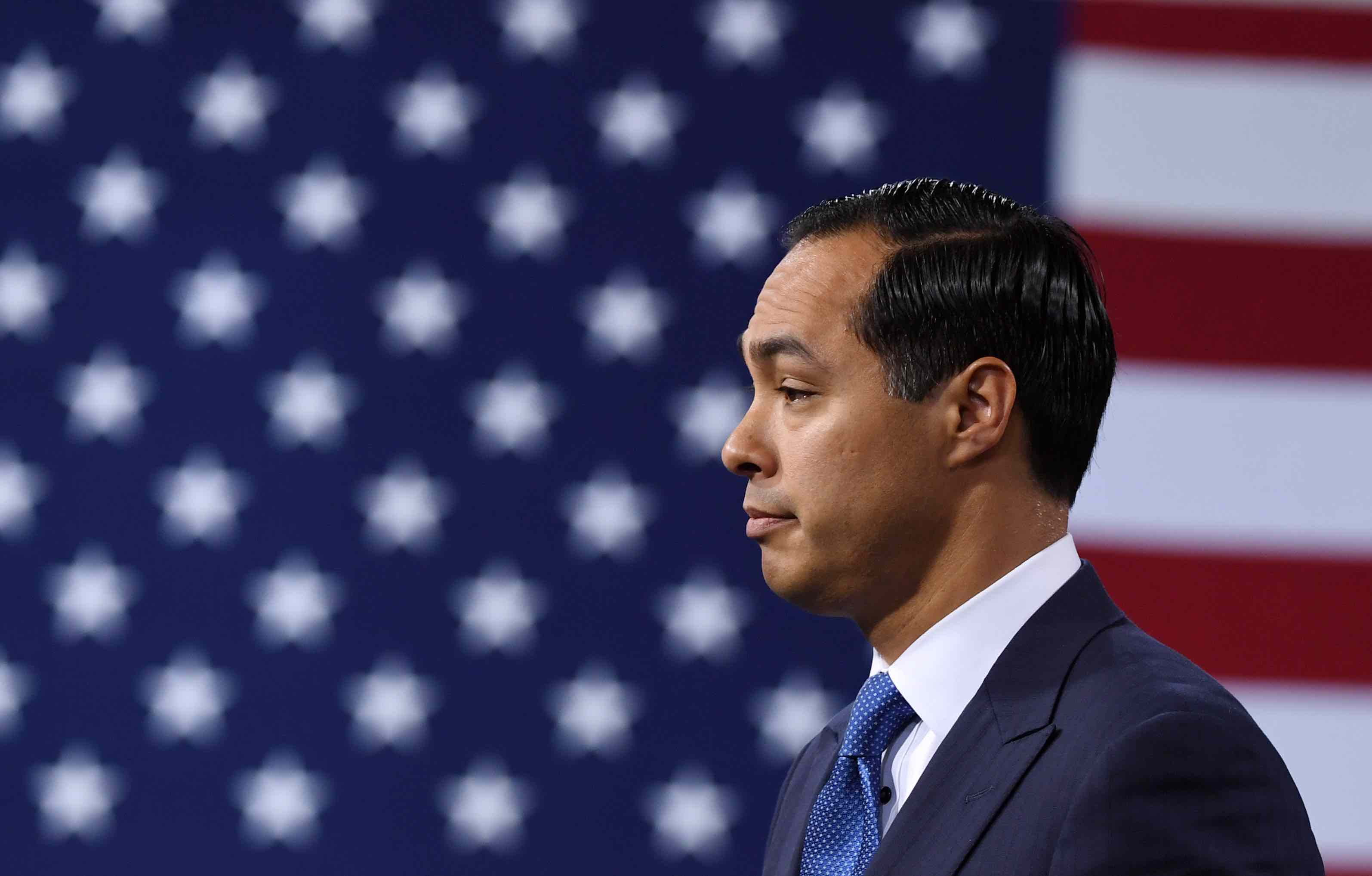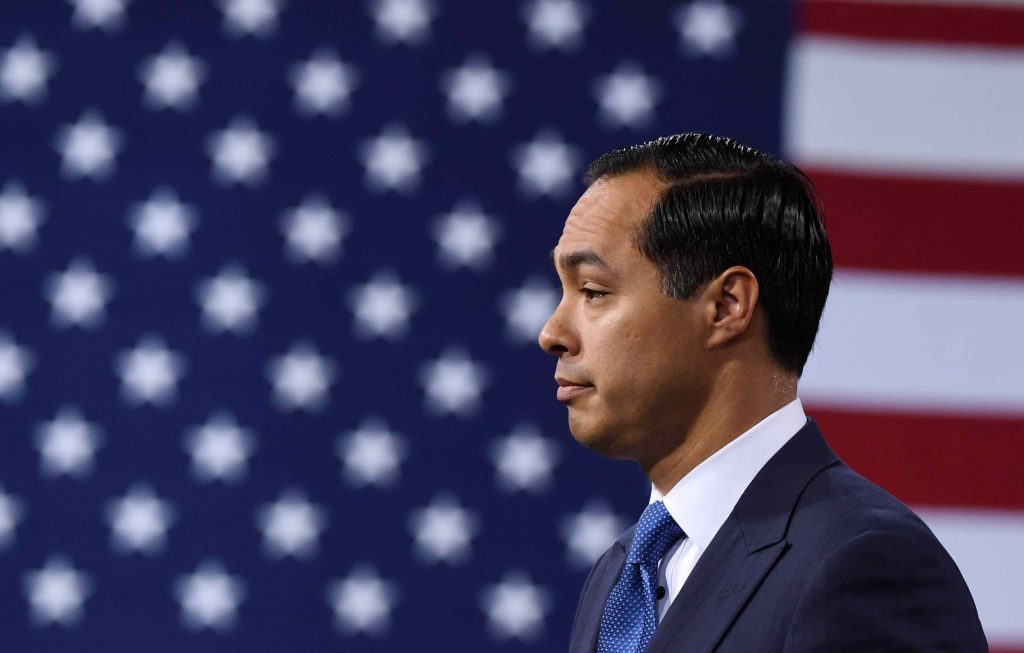Presidential candidate Julián Castro was a standout at Wednesday night’s seven-hour climate change town hall on CNN. Addressing climate change as an “existential threat,” he got into his plans for reducing carbon emissions and move toward clean, renewable energy. He also addressed his history with fracking.
Just a couple of days ago, Castro released his climate change plan, titled “People and Planet First Plan,” which includes a status for climate refugees and an intersectional approach that both “combats the climate crisis and tackles structural inequality.”
On Wednesday night, he expanded and doubled down on his plan cutting his goal down to 2045 from 2050. By then, he says we’ll be able to reach net-zero emissions after investing $10 trillion over the course of 10 years.
Another highlight and needed moment of accountability came early on in the night when a student and activist from the Sunrise Movement, a youth-led nonprofit organization dedicated to advocating for action on climate change, asked, “As mayor of San Antonio you welcomed the fracking boom. Why should we trust you as president to transition our economy to renewables given your past middle-ground approach?”
Seemingly prepared for this to come up at some point, Castro responded by saying, “She’s right. When I was mayor of San Antonio, I did believe that there were opportunities to be had in fracking that was going on in South Texas. The thing is that, back then, which was almost a decade ago, we had been saying that natural gas was a bridge fuel. We’re coming to the end of the bridge.”
Wolf Blitzer then took it a step further and asked whether or not he would ban fracking, which Castro then admitted was not a part of his plan.
As conversations about how to best ensure our planet’s future through political action continue, and requests for a Democratic debate devoted to the subject of climate change grow, it’ll be interesting to see how candidates justify their past decisions and how much of a priority this is for them.




